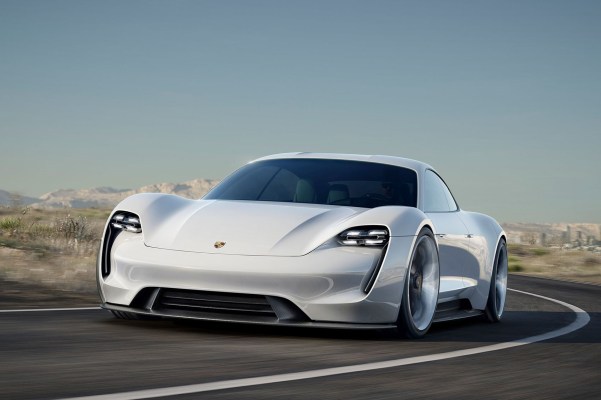Porsche will no longer make diesel-powered vehicles, opting instead to invest more money into electric and hybrid technology, the company said over the weekend.
Porsche has never been as committed to diesel as other automakers under its parent company VW Group. Porsche has offered some diesel versions of its models, including the Porsche Cayenne. But waning demand combined with the fallout from the Volkswagen emissions cheating scandal has accelerated Porsche’s move away from diesel. Now it’s ditching diesel for good.
Porsche hasn’t had any diesel models in its portfolio since February 2018. And the proportion of Porsche diesel models globally was just 12 percent in 2017.
Meanwhile, interest in hybrid models has grown, Lutz Meschke, deputy chairman and board member wrote in a post on LinkedIn. About 63 percent of Panamera vehicles are ordered as hybrid models, Meschke added.
“Porsche has no intention of demonizing the diesel engine — it is, and will remain, an important drive technology,” Meschke said in his LinkedIn post. “As a sports car manufacturer for which diesel engines have traditionally played a subordinate role, we have come to the conclusion that we can survive without diesel models in the future.”
Porsche says it will provide service to existing diesel customers.
The shift away from diesel comes as Porsche ramps up its investment in all-electric and hybrid electric models.
Porsche plans to invest more than €6 billion ($7 billion) into electrification, which includes hybrids, by 2022. Half of all new vehicles from Porsche may feature an electric drive — either as part of a hybrid concept or as a purely electric vehicle — by 2025.
More than $580 million of that capital will be allocated to the production of the Taycan and other vehicles based on it. The Porsche Taycan, the all-electric sports car formerly known as Mission E, is expected to come on the market in 2019.
